Urticaria: Symptoms, Causes, and Treatment
Urticaria treatment is in the form of creams and steroids and also helps resolve the health issue. “Urticaria” refers to hives, and these can be acute as well as chronic.
“Urticaria” happens to be a medical term for hives, which are red, itchy welts that tend to appear on one’s skin, sometimes accompanied by swelling. Hives can be caused by an allergic reaction, but a few hives can appear without any known reason.
Hives usually disappear in about a day, but at times hives can remain for weeks and also require analysis by a doctor.
Types of Urticaria
Knowing the different types of hives is indeed useful for treatment.
Acute
“Acute urticaria” is a term used for hives that do appear suddenly and also last no longer than six weeks.
Chronic
Chronic urticaria does last for longer than six weeks and can indeed appear suddenly or due to a known allergy. They can be very uncomfortable and interfere with sleep and daytime activities. Chronic urticaria needs to be tested by a healthcare provider, as it could be on account of an autoimmune disease or an allergy.
Urticaria Symptoms
Urticaria can develop anywhere on the body. They can be 1 centimeter small or spread over large areas. Symptoms of hives include:
- Itching.
- Redness.
- Swelling under one’s skin with clear edges (known as angioedema) If swelling does occur around the throat or one’s mouth, seek medical attention immediately.
- Hives that grow or spread into one’s larger areas.
- Disappearing and also reappearing swelling.
- “Skin writing,” or dermatographism (when hives do occur due to pressure or scratches).
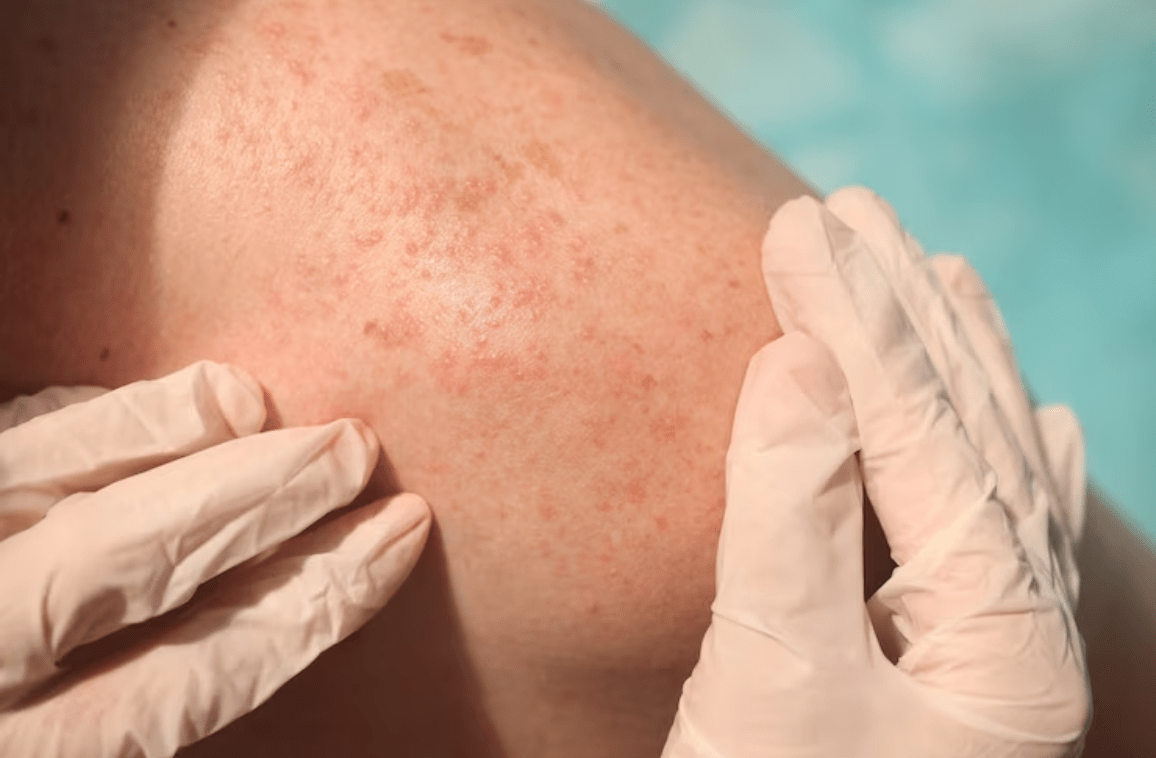
Urticaria: Symptoms, Causes, and Treatment
Urticaria Causes
Urticaria can rather appear without reason, but there are several known causes for them, including:
- Viral infection or even illness.
- Emotional stress.
- Insect bites.
- Animal dander.
- Pollen.
- Drug reactions
- Food allergies
- An autoimmune disorder
- Pressure or even tight clothes
- Sweating
- Extreme heat, or perhaps cold
- Sunlight
- Water
Diagnosis
Diagnosing urticaria can indeed be as simple as looking at the hives. However, there are a few ways to diagnose why they may have occurred, including:
- Observing if they do occur with allergic reactions.
- Observing how long the hives stay on one’s skin.
- Performing a skin biopsy, in which a small amount of skin is, of course, removed and tested in a lab.
- Blood test.
Treatment
Hives can go away by themselves. Yet, there are a few ways to treat them, including:
- Antihistamines such as Benadryl (diphenhydramine) or Zyrtec (cetirizine): Antihistamines block the release of histamines, which are molecules that the cells release when reacting to an allergy. Histamine does cause physical symptoms of allergy, such as hives.
- Anti-itch cream: This is indeed applied topically over the hives.
- Epinephrine, or adrenaline: In severe cases, such as swelling around one’s throat, a healthcare professional might inject a shot of adrenaline.
- Steroids: Steroids are made use of for extreme cases of urticaria as they quickly reduce inflammation (the body’s response to a foreign invader).
Conclusion
Thus, “Urticaria” happens to be a medical term for hives, and there are acute hives lasting up to six weeks, while chronic hives last longer. Symptoms of hives do include redness, swelling, itching, and spreading across one’s skin. Hives can indeed develop without reason, but they can also be due to allergies, an autoimmune disorder, emotional stress, extreme heat or cold, or reactions to medication.
Hives can occur in any person and are likely to disappear within a day, but if they last a long time or the person feels very uncomfortable, seeing a healthcare provider helps. The provider can indeed evaluate the cause of one’s hives and also prescribe medication if nonprescription remedies are not resolving the issue. Hives are manageable, and, with treatment and also understanding the triggers, they can be avoided.

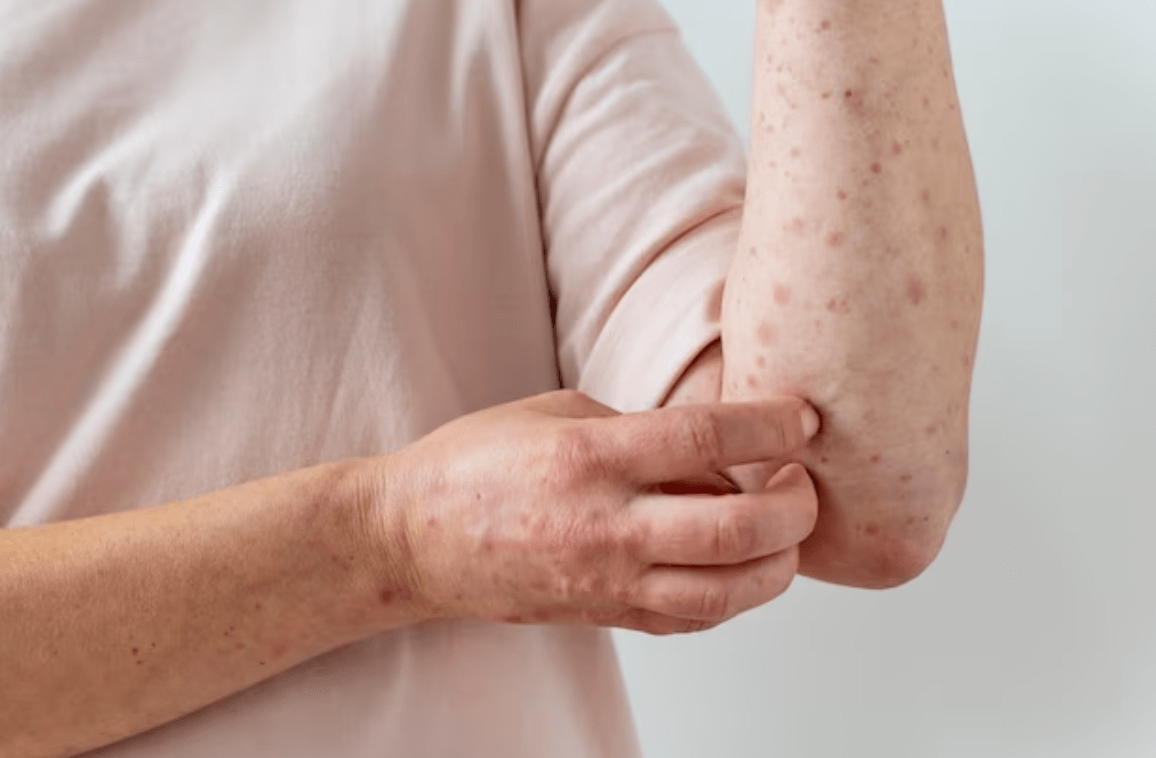


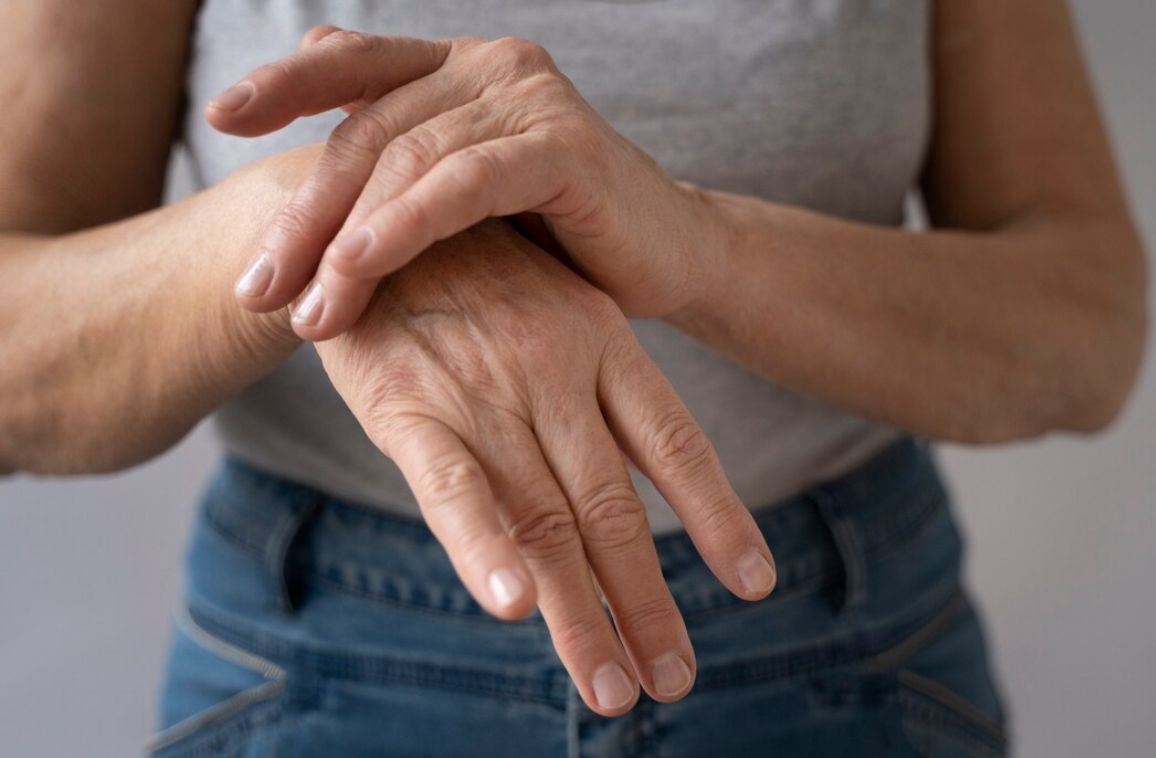
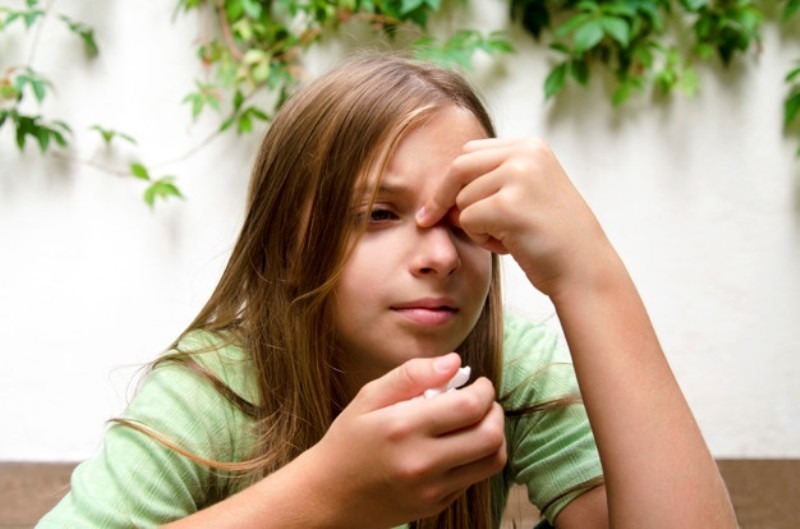
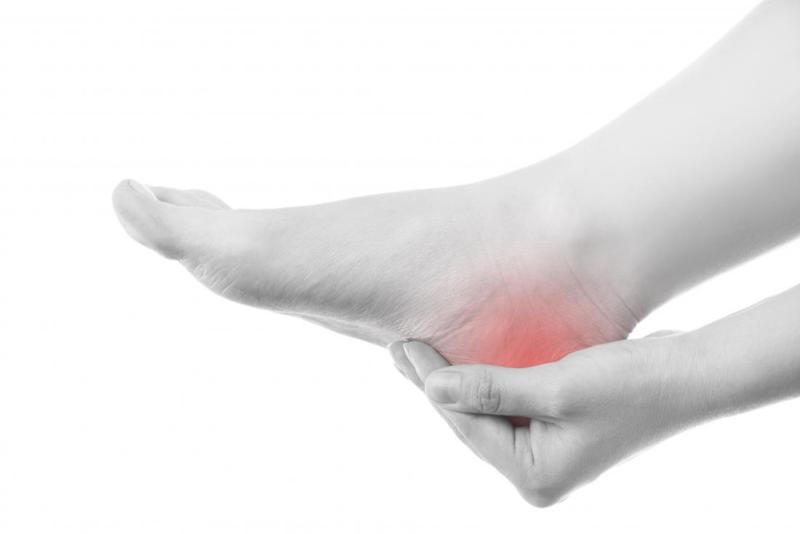
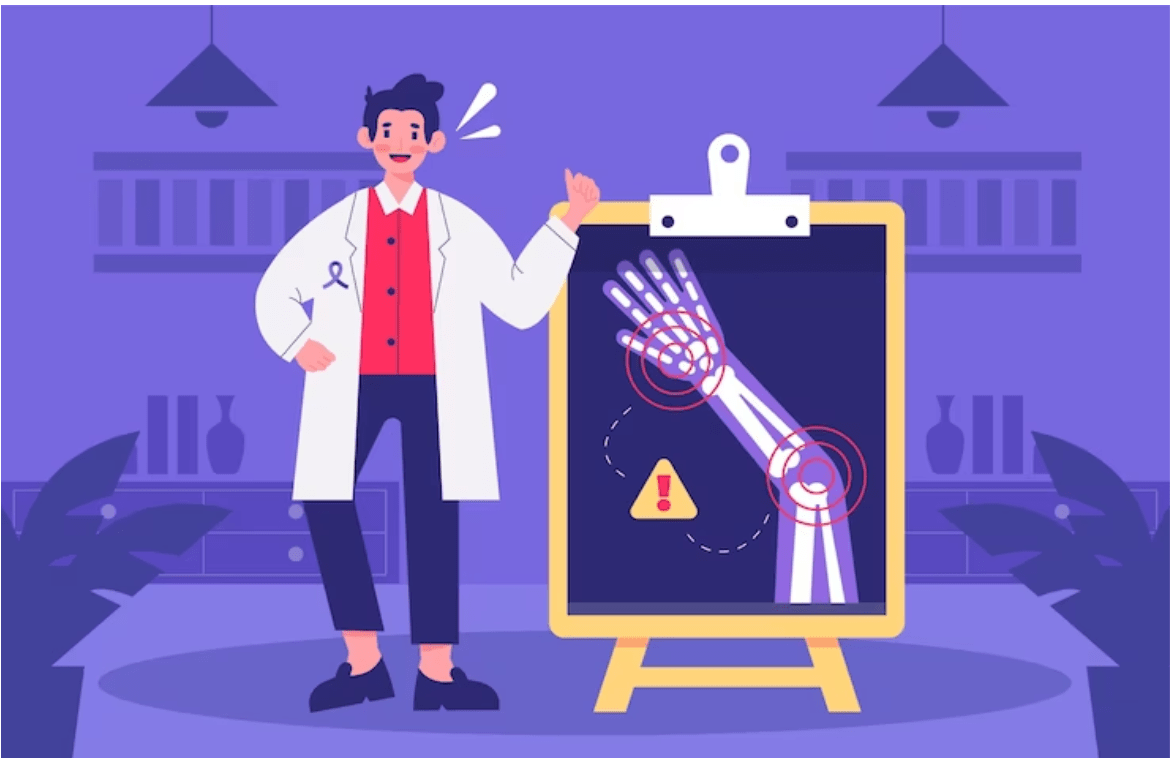

There are no comments